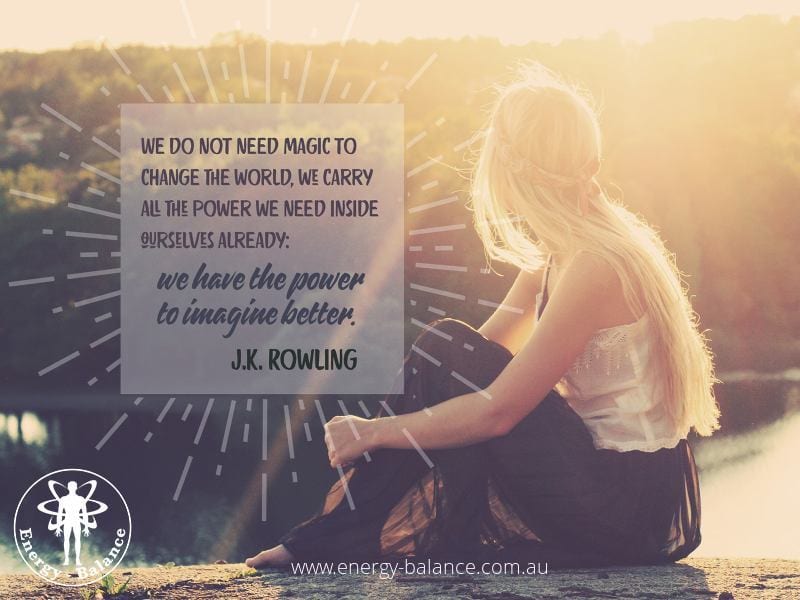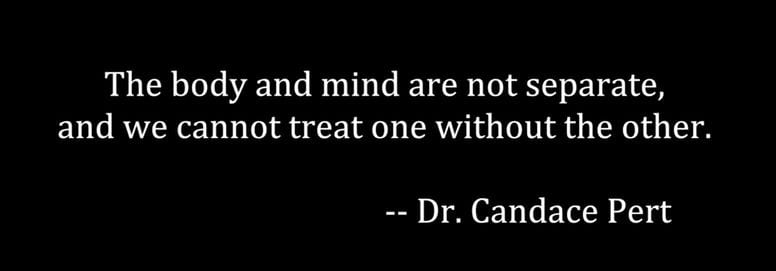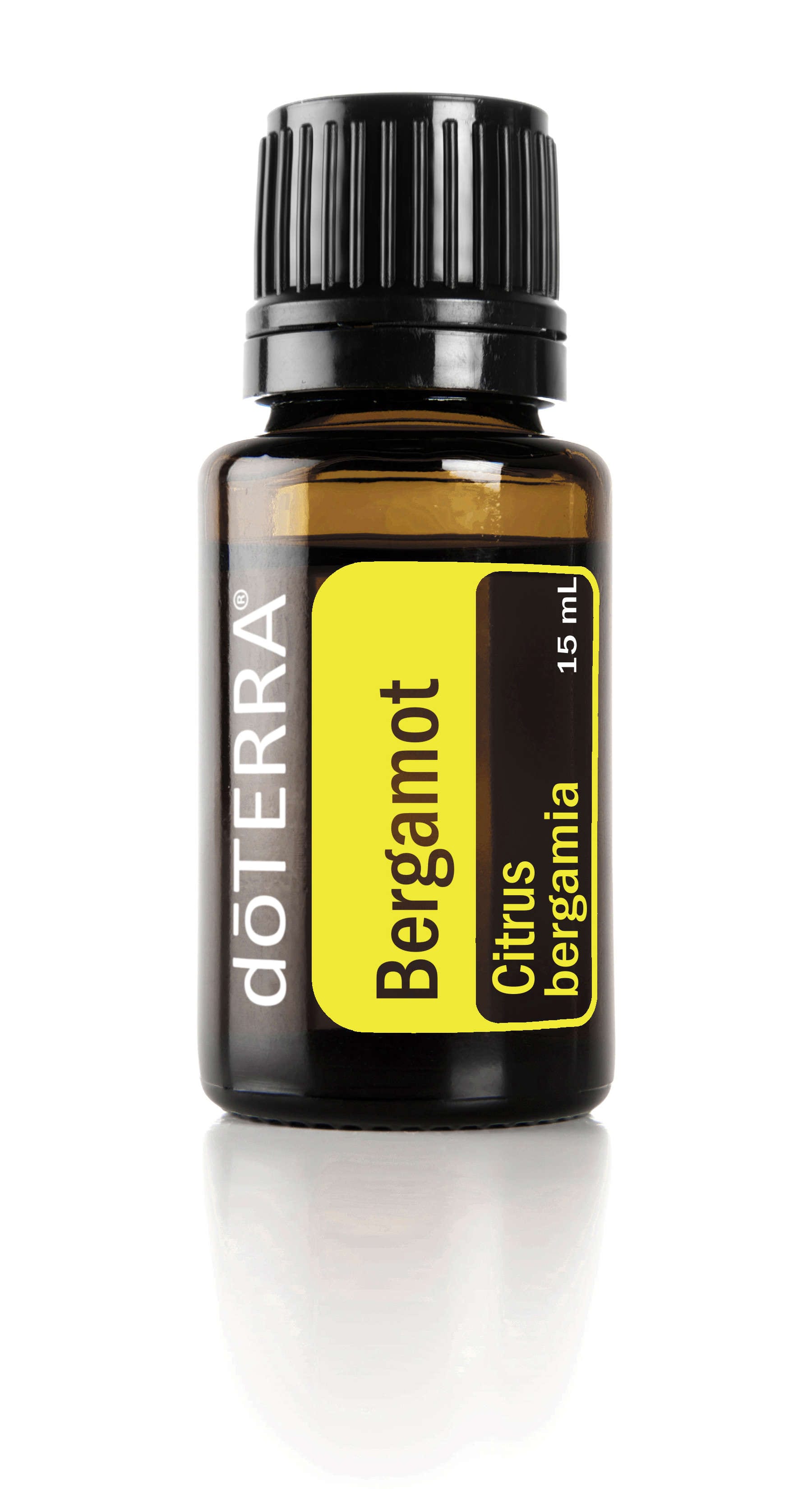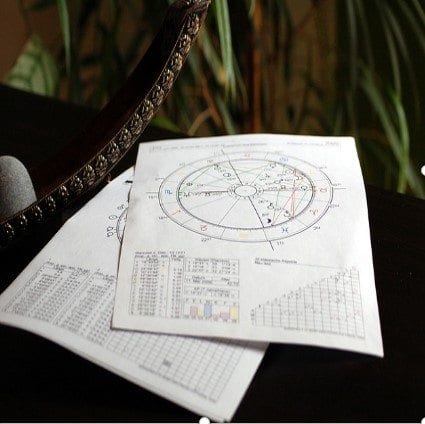Using The Imagination To Control Your Thoughts
Everything is spirit. Everything! It is all energy and consciousness.
What does the Law of Attraction have to do with this? How does success come about by becoming aware of the Law of Attraction and its principles?
The imagination is a fascinating, powerful place. For example, remember any incident from primary school – writing with a fat pencil, perhaps. (Remember those fat pencils?) Now, think of someplace you plan to go in the next month and imagine yourself there. Good. Now, imagine yourself on the moon, looking back at the earth – a big blue marble in the blackness of space. Excellent, isn’t it?
This is the power of the imagination: we can return to the past, rehearse the future, and zoom off on flights of fancy – all within seconds.
The images you had may not have been well-detailed or held in the imagination for very long, but you probably had some sense of each. Some people primarily see in their imaginations, others mainly hear, others mostly feel. Whatever you do is fine.
When we do not have conscious control of the imagination, our imaginations can work against us. We relive the horrors of the past – the fears that were justified, the guilt that was especially bad, the unworthinesses at their worst, the hurt feelings at their most painful, the anger at its most destructive. Considering the false history created by the mind’s careful selection and occasional rewriting, it’s easy to feel discouraged about ourselves and everything we might consider doing.
The mind also uses the imagination when considering the future. It projects an image of not just failure but monumental failure, embarrassing failure, public and unconditional failure. Considering this opposition, it’s incredible that we even get out of bed. The mind (unless you control it) also uses every news story – and every other fictional account – of disaster to show us why we had better not do anything new, ever. It’s time to recapture the imagination from your mind’s fears. Your imagination is yours. You can remember the past you choose, rehearse the future you want, and identify with the real and fictional heroes and events of your selection.
When we remember the things from our past (both good and bad), we build an image of ourselves as doers and achievers – charmed, kind and terrific. This forms a solid base for future action.
When we project our dreams into a positive future, we see that we can have what we want. A positive image of the future not only shows us how to get there, but it also draws us to it, attracting us toward our dreams like a magnet.
When we hear some good news, read an inspirational story or see an uplifting movie, we can use our imagination to put ourselves in the centre of the action. This allows us to identify with all the good, happy and wonderful images in our culture – and know that we’re one of them.



 A lack of confidence can affect every area of your life, from your job performance to your personal relationships.
A lack of confidence can affect every area of your life, from your job performance to your personal relationships.



